Nationalised energy should be an option, says Sturgeon
- Published
Nationalised energy should be an option - Sturgeon
Nicola Sturgeon has said renationalising energy companies should be "on the table" to tackle the crisis caused by rising power costs.
Scotland's first minister warned a "looming disaster" was set to get worse if the next household energy price cap rise comes into effect in October.
Ms Sturgeon said Ofgem's next increase, to be announced on Friday, should not be allowed to go ahead.
The UK government said struggling households will receive some support.
Last week the Scottish government estimated 36% of homes will be in fuel poverty.
It is defined as the cost of heating a home being more than 10% of household income, after tax and housing costs have been deducted.
Based on an Ofgem price cap of £2,800, by October the status would apply to 906,000 of all households across Scotland.
Ms Sturgeon is to convene a summit this week with energy companies on improving advice and support for people struggling with energy bills.
Scotland's major energy suppliers, including Scottish Power, OVO Energy, Centrica, Octopus and E.ON, will attend, as well as industry bodies and anti-poverty groups such as the Poverty Alliance and Energy Action Scotland.

Ms Sturgeon told BBC Scotland: "I want us to come together to call on the UK government to take the action only it can take.
"There is a looming disaster that is already unfolding but it is going to get worse.
"This is going to cause destitution and devastation, this will cause loss of life if real action is not taken to stem this crisis."
She called for a cancellation of the next increase in the energy price cap, and for the financial support already offered by the UK government to be doubled.
Ms Sturgeon added: "This further increase in people's energy bills can't be allowed to go ahead because it is making it impossible for people to provide the basics for themselves and their families, but it is also continuing to fuel inflation, which, of course, is causing the problem in the first place."
'Focus on reality'
The first minister said renationalisation of energy companies "should be on the table", but Scotland did not have the power to do that.
Ms Sturgeon said she had argued for these powers to lie with the Scottish government but they needed to "focus on reality" as it stands now and push the UK government to act.
She said: "Let's focus on getting them to exercise the powers they have campaigned to keep in their hands rather than constantly deflect the questions to a government that doesn't hold these powers."

Boris Johnson has agreed to talks between the UK and devolved governments over the cost of living crisis but no date has been set for the discussions.
Meanwhile, UK Business Secretary Kwasi Kwarteng said households struggling with the rising cost of living in the UK would receive some help this winter.
Mr Kwarteng, an ally of Tory leadership hopeful Liz Truss who has been linked to the chancellor position, has not yet outlined how the government intends to support people.
Writing in the Mail on Sunday, external he insisted Ms Truss' pledges to reverse an increase to National Insurance and introduce a temporary moratorium on energy levies were examples of her willingness to "look at what more can be done".
The cost-of-living crisis has been driven by a series of issues, including inflation outstripping wage increases and record energy bills due to a surge in wholesale gas prices.
Customers have been warned to expect annual household energy bills to reach more than £3,500 after October.


Nationalise the energy companies: it's a slogan that is proving attractive to the public as they watch bills soar.
And First Minister Nicola Sturgeon thinks it should be at least "considered" at Westminster, where they have the powers to make it happen.
The first minister has previously engaged with the energy market. Before the current crisis, when it was felt energy retailers were over-charging, there was a high-profile conference speech pledge to set up a Scottish government-owned supplier.
But as other suppliers went bust, that idea has been ditched.
With 30 fewer retail suppliers than last year, and more concentration on the big five suppliers, what would public ownership mean, and how might it work?
First, that retail sector of the market is only one part of the energy industry - the vast profits are being made by companies, or bits of firms, that drill and produce oil and gas and there are some big margins for those who do the refining.
Retail is seen as the terrain where government could step in and replace private companies, perhaps with regional suppliers, such as we used to have until the 1980s.
Those advocating public ownership say the UK government could buy out shareholders, through legislation. They would have to pay a fair market rate.
If they don't, and simply seize the assets, that would surely skewer private investment in the economy more widely.

No 'quick fixes'
Energy consultancy Auxilione used Friday's gas prices to suggest typical household energy bills in the UK could hit as much as £6,000 a year from April 2023.
Labour has pledged to extend the oil and gas windfall tax to fund a freeze to the energy price cap at its current level of £1,971 for six months.
Stuart McIntyre, economics professor at Strathclyde University's Fraser of Allander Institute, told BBC Scotland rising energy prices was one of of the key drivers of inflation, which could exceed 13% over the next few months.
"I'd urge people to be sceptical of politicians promising quick fixes to what is a very difficult problem," Prof McIntyre said.
"What we need is a thoughtful, detailed redesign of energy markets, not something designed to win an election... to try and get something that will deliver more realistic and stable energy prices going forward."
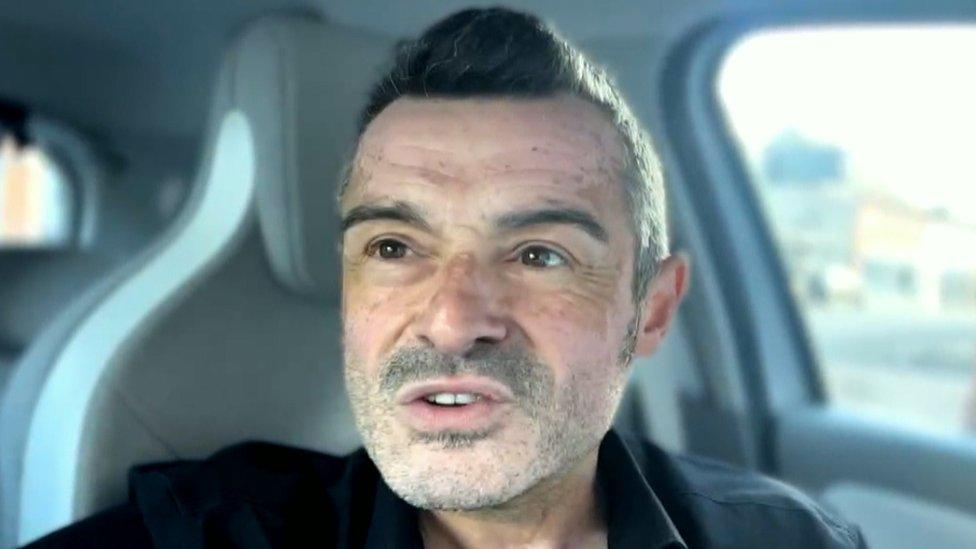
Fish and chip shop owner John Pagani said energy price rises were going to "sting hard"
The energy price cap only applies to domestic energy customers but business owners are also facing steep rises in their bills.
John Pagani, who co-owns a fish and chip shop and cafe in Annan, Dumfries and Galloway, said they had been left with "no wiggle room" in their budget.
"We are coming to the end of our contract in about a month's time and it really is going to sting hard," he told BBC Scotland.
"The cheapest quote we've had is four times what we are paying now and that is going to be almost £5,000 a month, just for electricity."
He said profits had also been hit by VAT returning to 20% and fish prices going up, partly due to Russia's war in Ukraine.
Chinese-made biodegradable packaging has also increased in price after Covid shutdowns hit manufacturing.
Set up in 1967 by his parents, the business now employs 20 people but is once again relying on family to keep going.
Mr Pagani said: "This morning I was in at 06:30 and I'm working right through to 21:00 tonight. I'd rather have another member of staff in helping me but we simply cannot afford it.
"We as the the owners have to put in the extra hours and our families have to put in the extra hours because we don't get paid by the hour."
- Published21 August 2022

- Published16 August 2022
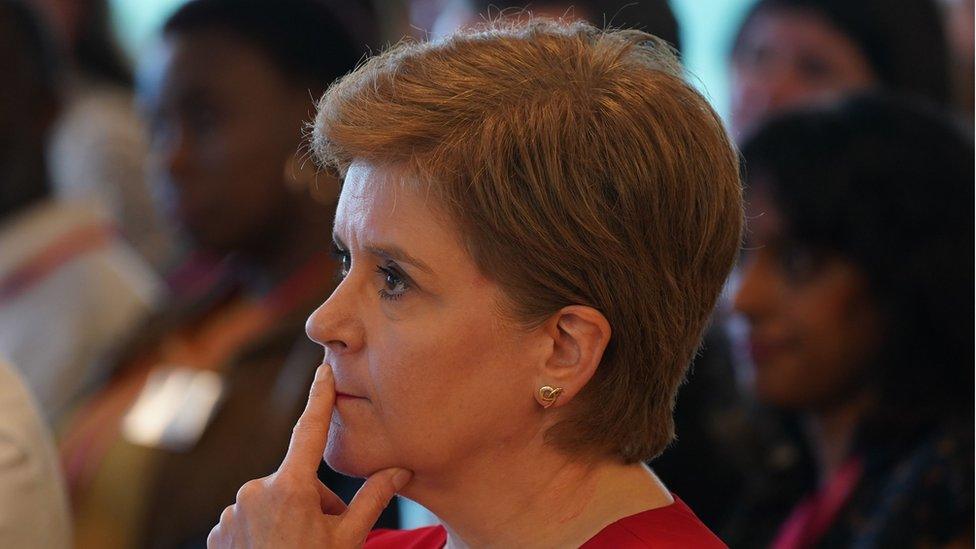
- Published15 August 2022
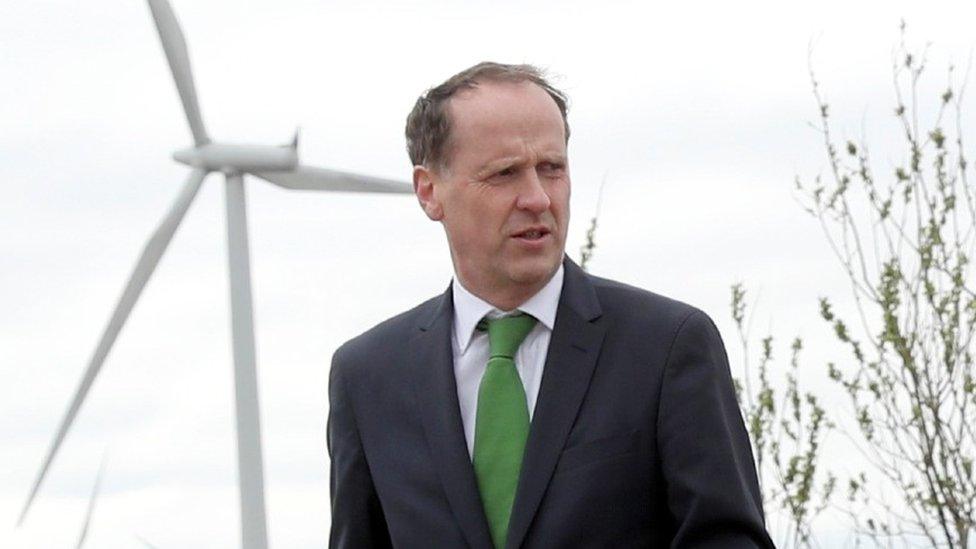
- Published12 August 2022
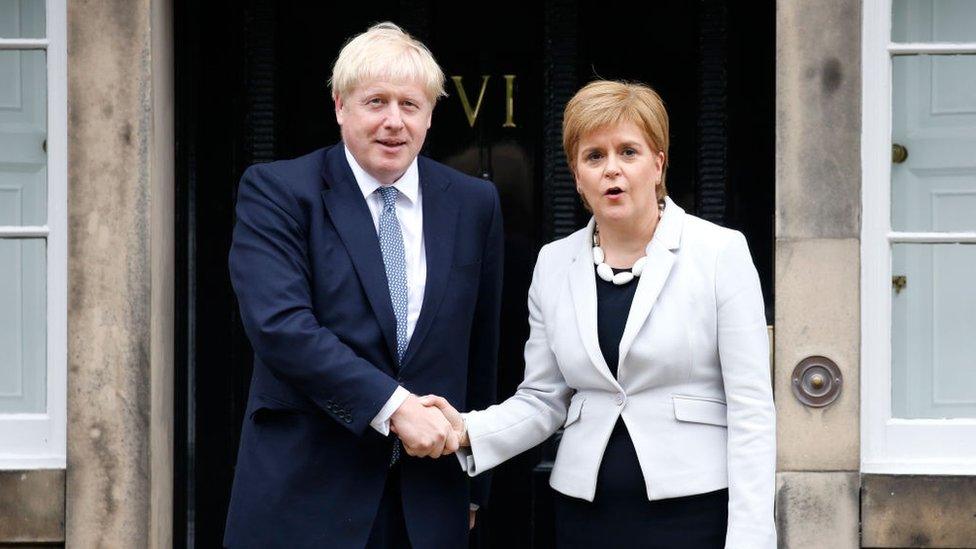
- Published10 August 2022
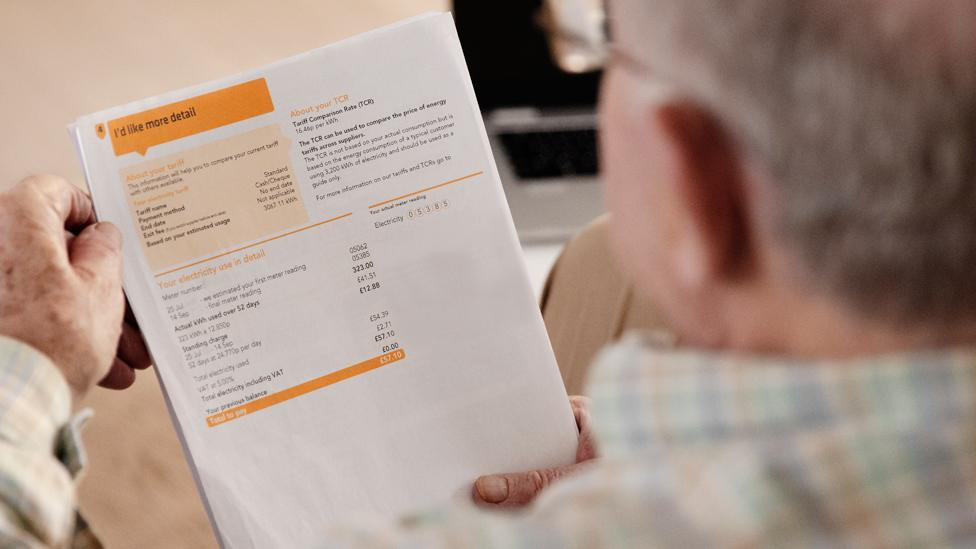
- Published3 April 2024
